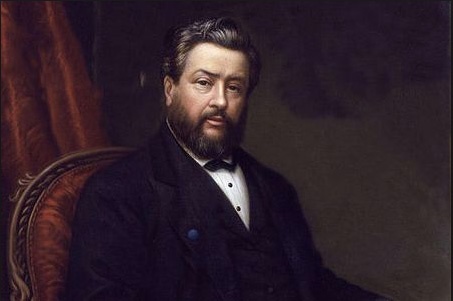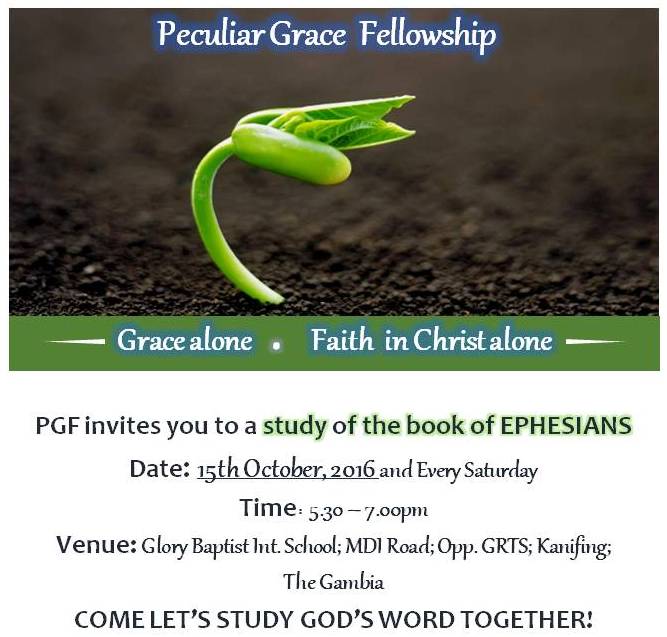
OCTOBER 22
I will love them freely.
(Hosea 14:4)
This sentence is a body of divinity in miniature. Whoever grasps its meaning is a theologian, and whoever is able to dive into its fullness is a learned professor! It is a summary of the glorious message of salvation that was delivered to us in Christ Jesus our Redeemer.
The sense hinges upon the word “freely.” This is the glorious, the suitable, the divine way by which love streams from heaven to earth, a spontaneous love flowing out to those who neither deserved it, purchased it, nor sought after it. It is, indeed, the only way in which God can love such as we are.
The text is a death-blow to all sorts of fitness: “I will love them freely.”
Now, if there were any fitness necessary in us, then He would not love us freely; at least, this would be a hindrance and a drawback to the freeness of it. But it stands: “I will love them freely.”
We complain, “Lord, my heart is so hard.”
“I will love them freely.”
“But I do not feel my need of Christ as I ought to.”
“I will not love you because you feel your need; I will love you freely.”
“But I do not feel that softening of spirit that I should desire.”
Remember, the softening of spirit is not a condition, for there are no conditions; the covenant of grace has no conditionality whatever. So we without any fitness may rest upon the promise of God that was made to us in Christ Jesus when He said, “Whoever believes in him is not condemned.”1 It is blessed to know that the grace of God is free to us at all times, without preparation, without fitness, without money, and without price!
“I will love them freely.” These words invite apostates to return: Indeed, the text was specially written for such—“I will heal their apostasy; I will love them freely.”
Apostate, surely the generosity of the promise will immediately break your heart, and you will return and seek your injured Father’s face.
- John 3:18


